Activity Areas/Topics
Activity Area 1: Earth System Science and Modeling
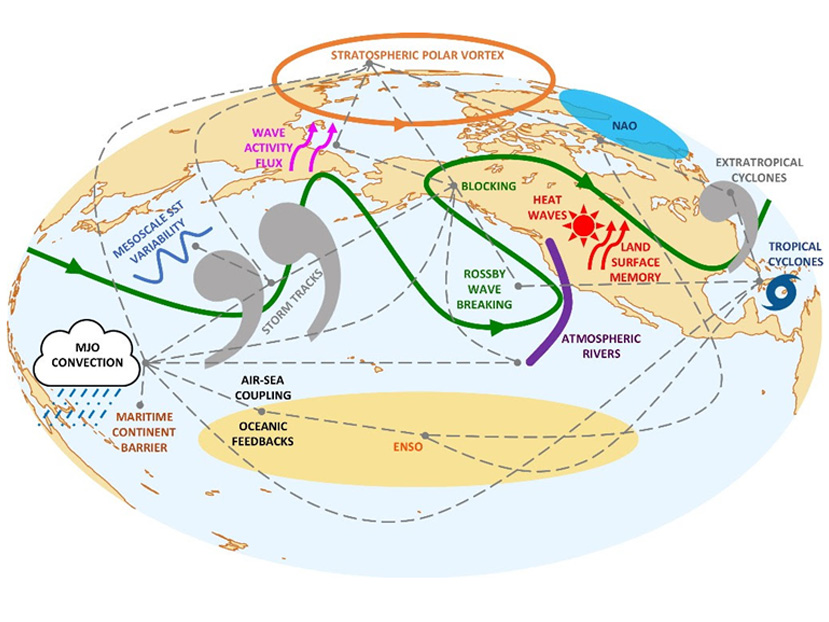 Advance understanding, modeling, prediction, and projection of the Earth’s atmosphere, ocean, land, and cryosphere as an integrated system, including:
Advance understanding, modeling, prediction, and projection of the Earth’s atmosphere, ocean, land, and cryosphere as an integrated system, including:
- Process studies and field campaigns
- Earth system observations and monitoring
- Predictability studies of climate phenomena
- Testing for transitions of R2O and R2A
- Improving model representations of key processes and prediction technologies
- Lead national assessments
- Applying Earth system and climate models to societally-relevant challenges
- Projecting future climate variability & change
- Coordinating joint federal research activities
Activity Area 2: Climate and Societal Interactions
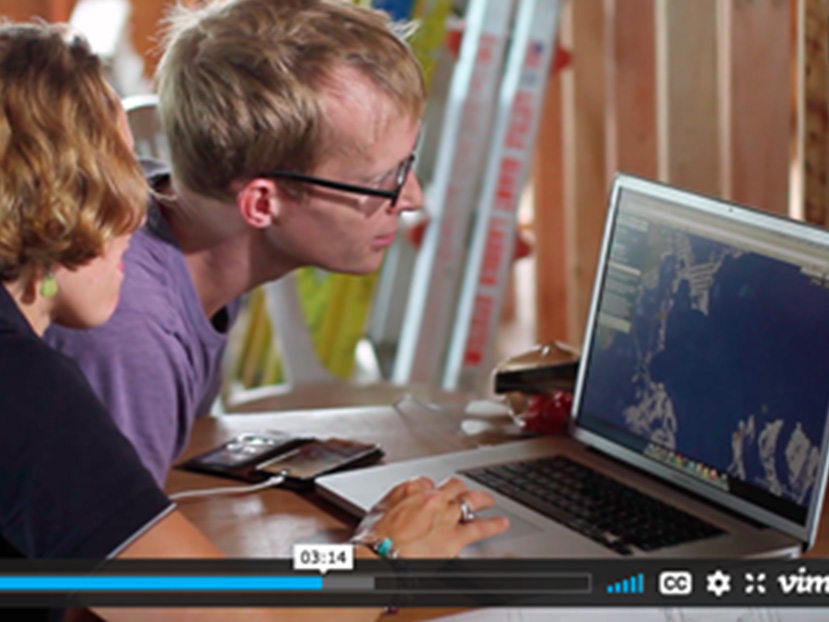

- Identify opportunities for use of climate knowledge and information
- Enhance community resilience
- Connect innovative science to preparedness, adaptation and resilience challenges
- Lead regional and national assessments
- Support research that includes the private sector, NGOs, interdisciplinary teams and the social sciences at large
Activity Area 3: Communication Education and Engagement
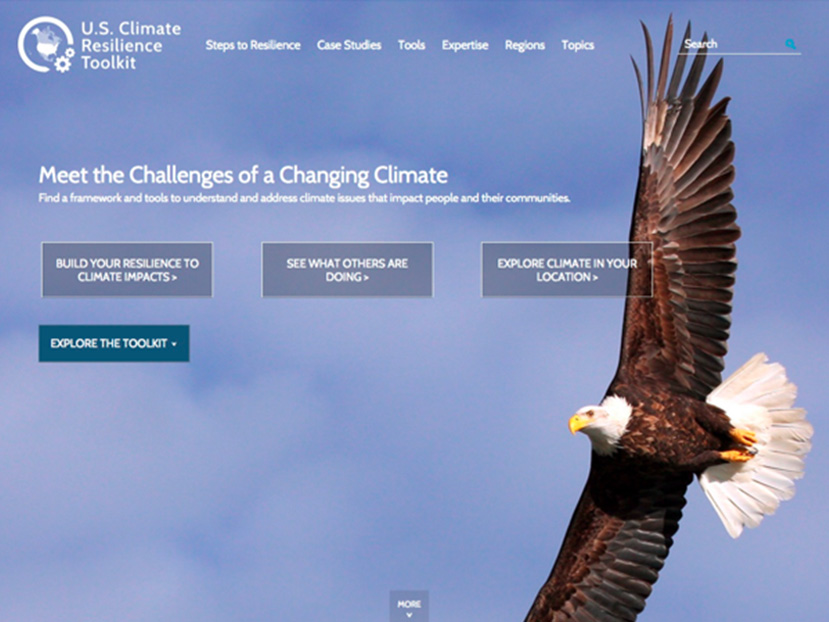

- Promote awareness, appreciation, and support for CPO’s investments in climate science and services
- Promote public climate literacy and help people find and use NOAA’s maps, data, and information services through managing and maintaining Climate.gov
- Coordinate and support interagency efforts to help U.S. communities & businesses understand & manage their climate-related risks & opportunities, including building resilience to climate-related hazards through the U.S. Climate Resilience Toolkit (CRT)
Activity Area 4: Integrated Information Systems
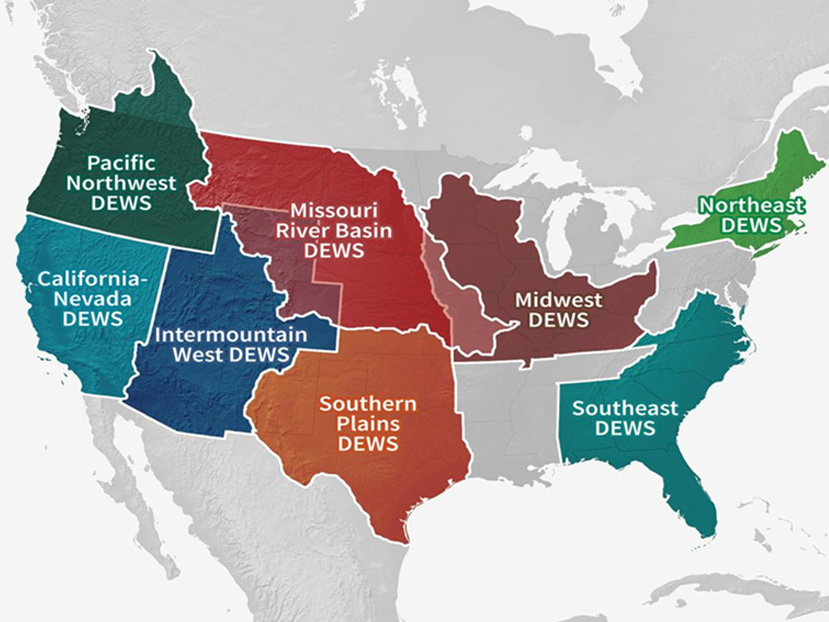

- The National Integrated Drought Information System( NIDIS ), established by Public Law (authorized in 2006 with updates in 2014 & 2019), helps the nation move to a proactive approach to understanding and managing drought risks and impacts.
- The National Integrated Heat Health Information System (NIHHIS), which is emerging and getting Congressional attention, seeks to improve Federal, state and local planning, preparedness and response for extreme heat and its health impacts.
Activity Area 4: Risk Areas Initiative
Advance climate science and reduce impacts in key societal climate risk areas for which NOAA’s mission is well aligned.
The climate risk areas are currently:
- Coastal Inundation
- Marine Ecosystems
- Water Resources, and
- Extreme Heat
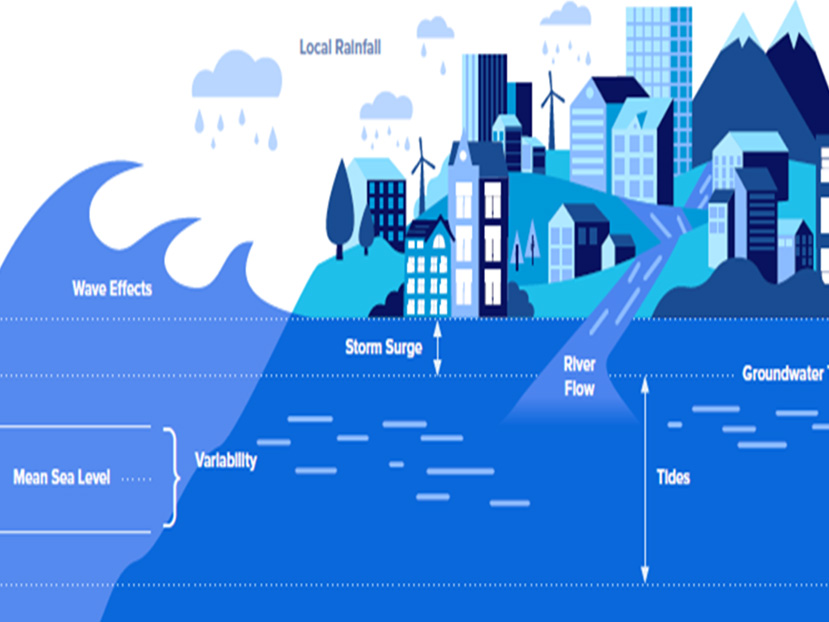

Other motivations:
- increase cohesion across CPO
- strengthen partnerships inside and outside of NOAA
Activity Area 4: Assessments
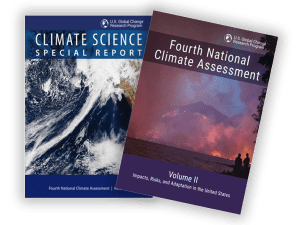

The Assessments Program aims to improve our ability to understand, assess, anticipate, and respond to the impacts and vulnerabilities associated with environmental and climate change, primarily in the United States.
The Program supports climate assessments at national and regional scales.
Funding from the Assessments Program supports the development of the National Climate Assessments. The quadrennial National Climate Assessment is mandated by the 1990 Global Change Research Act.
Activity Area 5: Portfolio Management, Administration and Organizational Excellence


- Ensure portfolio balance of competitively-based & directed research funding
- Implement budget formulation and execution, grants management, human resources, and property management
- Manage personnel actions, responses to grants and budget inquiries, domestic and international travel support, space planning, facilities support, and acquisition management
- Provide research and training opportunities to students and early career professionals at all levels
- Promote equal employment opportunities to an increasingly diverse talent pool in key mission areas
- Foster an inclusive office environment that embraces the diversity of its employees

